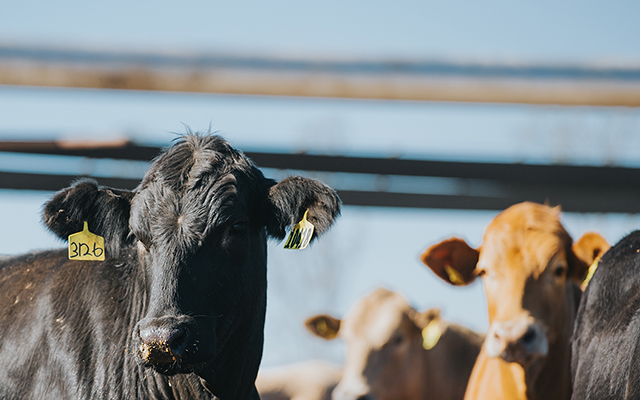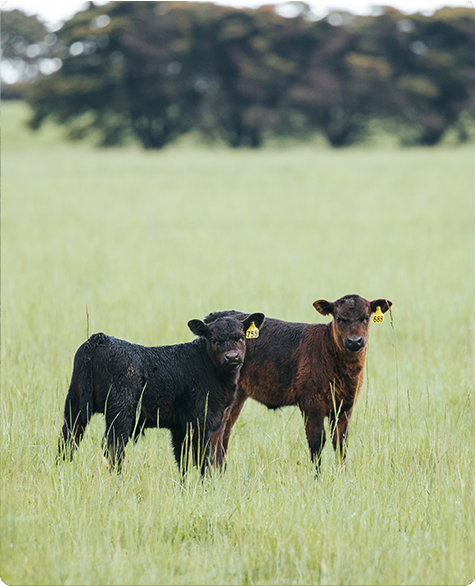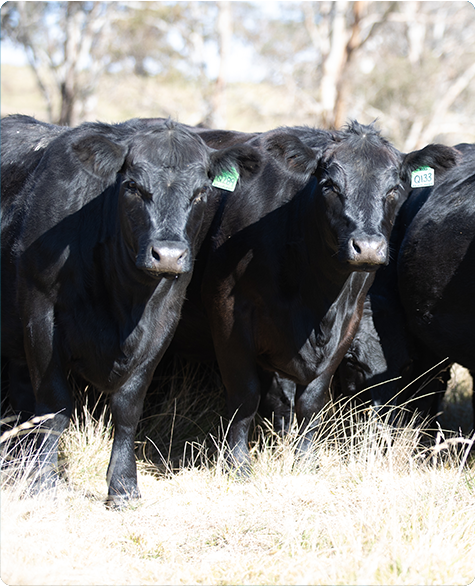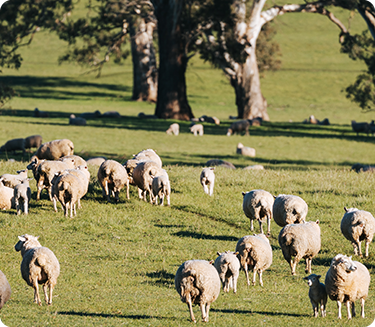The use of Hormone Growth Promotants (HGPs) in livestock is strictly regulated in Australia and pose no health risks for consumers
HGPs are used to improve the average daily weight gain of cattle, help cattle convert feed efficiently and improve carcase leanness. Used safely in Australia for more than 30 years (and in accordance with the Food Standards Code), the hormones are placed under the skin on the back of the ear, and slowly released over a period of 100 to 200 days, depending on the product used.
HGPs include hormones like oestrogen and testosterone that occur naturally in many animals and some plants.
Do all Australian beef producers use HGPs?
It’s up to individual beef producers whether they use HGPs or not. That decision depends on season, customer and market requirements, and cost versus benefit.
The majority of graded cattle in Australia are raised without Hormone Growth Promotants (HGPs).
More than 50% of adult cattle processed in Australia are graded by Meat Standards Australia (MSA) for eating quality. Majority of MSA graded cattle (around 61%) are raised without the use of HGPs.
The reason why some producers use (HGPs) is to increase cattle productivity. This means more beef is produced from less resources, which reduces the environmental impact per kilogram of beef produced.
Is meat containing HGPs safe?
HGPs are regulated by the Australian Government, Australian Pesticides and Veterinary Medicines Authority (APVMA). APVMA and the Australian Department of Health and Aging have concluded that residues of registered HGPs do not pose any appreciable risk to consumers from cattle treated with HGPs when used according to Good Veterinary Practice.
All international bodies and national regulatory agencies, except the European Commission, have concluded that residues of registered HGPs do not pose a threat to consumers when HGPs are used according to good veterinary practice. While the European Commission currently bans HGP use, the World Trade Organisation has determined that the ban is unjustified and not based on any scientific evidence.
Did you know?
- While the hormones in HGP-treated beef are additives, they supplement naturally occurring hormones and are present at much lower levels than the natural hormone levels found in other foods such as soybean oil, cabbage and potatoes. (Source)
- If HGPs were not used in the Australian beef industry, it’s estimated the Australian cattle herd would need to increase by more than two million head to produce the same amount of beef. (Source)







